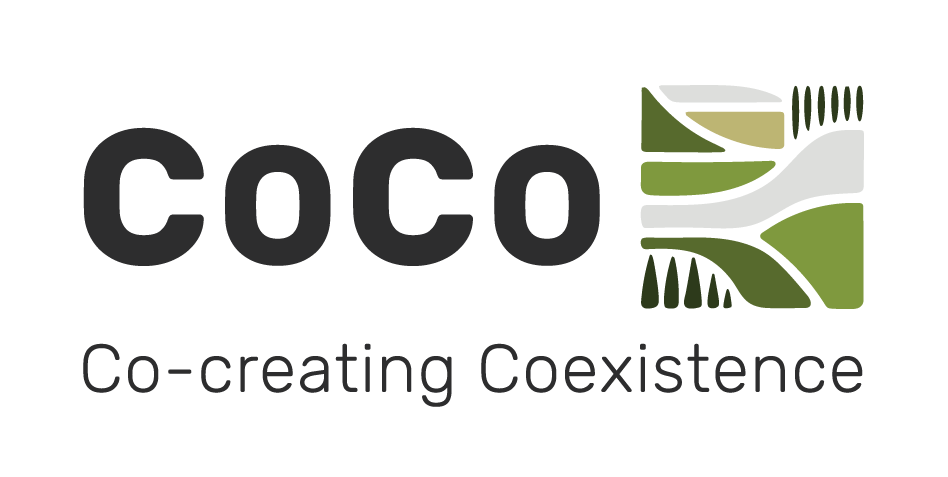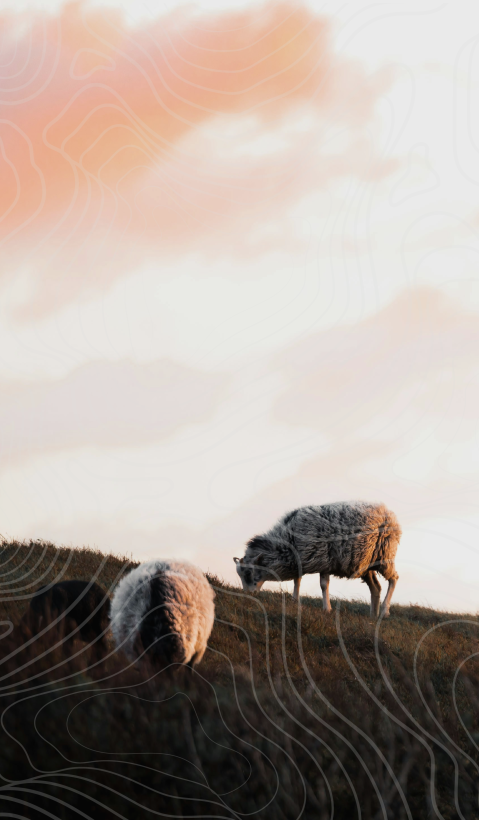
Vad är Co-Creation?
Samskapande av kunskap är en samarbetsprocess där intressenter, praktiker och forskare arbetar tillsammans för att generera, dela och tillämpa kunskap. I stället för att kunskap produceras av en enda grupp och sedan överförs till andra, betonar samskapande samarbete, ömsesidigt lärande och blandning av olika perspektiv, erfarenheter och typer av expertis. Att inkludera lokala röster i processen säkerställer inte bara att lösningarna är skräddarsydda för de unika lokala förhållandena, utan skapar också en känsla av delat ägande som motiverar deltagarna att använda dessa lösningar även bortom projektets tidsram. Detta tillvägagångssätt är särskilt värdefullt för att ta itu med komplexa utmaningar som konflikter mellan människor och vilda djur, där flera intressen och perspektiv måste förenas.
CoCo-projektet anser att hållbara lösningar på konflikter mellan boskapsskötsel och vilda djur måste vara förankrade i både vetenskaplig forskning och de direkt berördas levda erfarenheter, inklusive lantbrukare med djurhållning, renägare, jägare och markägare. Varje grupp ger värdefulla perspektiv och insikter som är nödvändiga för att utveckla effektiva och varaktiga lösningar. Utöver att kartlägga berörda parter skapar uppförandekoder gemensamt genom att engagera intresseorganisationer som projektpartner och underleverantörer och se till att deras synpunkter är representerade i beslutsprocesserna. Den pågående dialogen sker genom samrådsforum och aktiv utåtriktad verksamhet som säkerställer att olika kunskaper och erfarenheter införlivas i alla forskningsprocesser.
Rådgivande nämnd
CoCo har inrättat en särskild rådgivande nämnd för att vägleda projektets riktning som en del av processen för gemensamt skapande. Styrelsen består av medlemmar från EU:s plattform för samexistens mellan människor och stora rovdjur och andra berörda parter och vetenskapliga experter. Styrelsen förstärks av kopplingar till regionala plattformar inom viktiga studieområden, såsom Rumänien och Sverige, som har en närvaro av lantbruk med djurhållning och överlappar med CoCo:s fallstudieområden. Styrelsen ger strukturerad återkoppling och interaktion om olika projektaktiviteter, inklusive granskningar av omfattning, enkätutformning och utveckling av politiska rekommendationer.
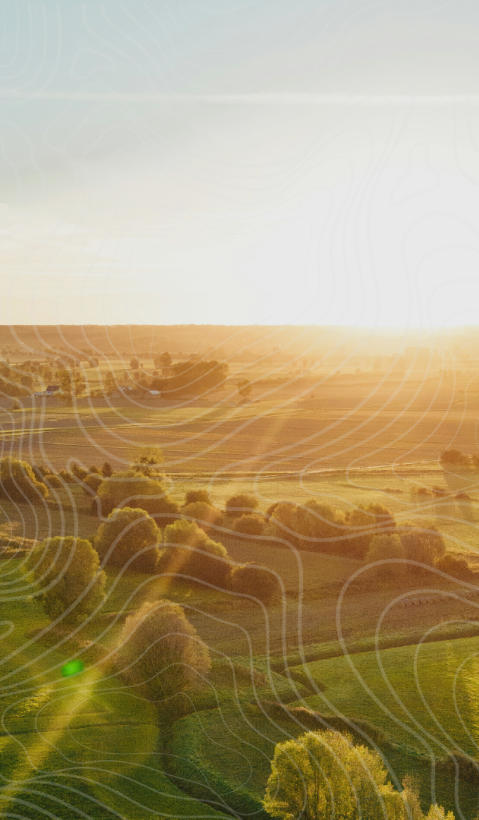
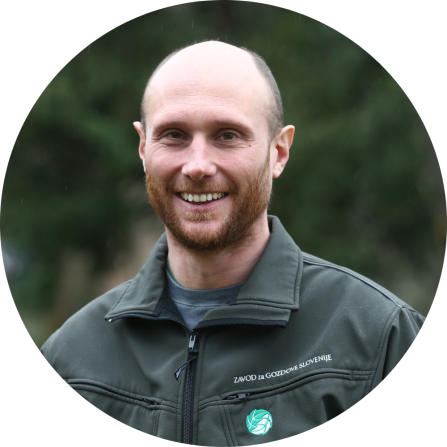
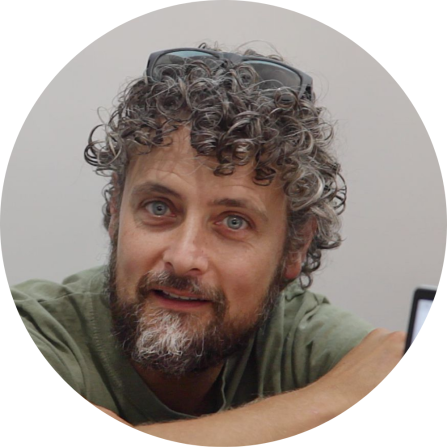
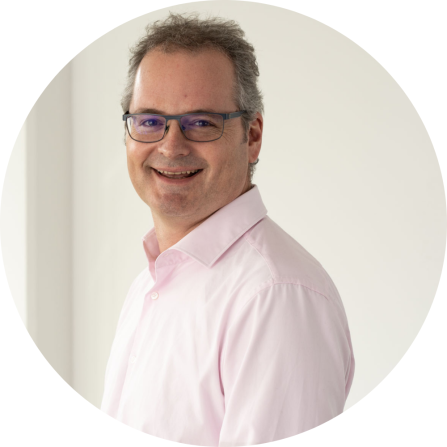
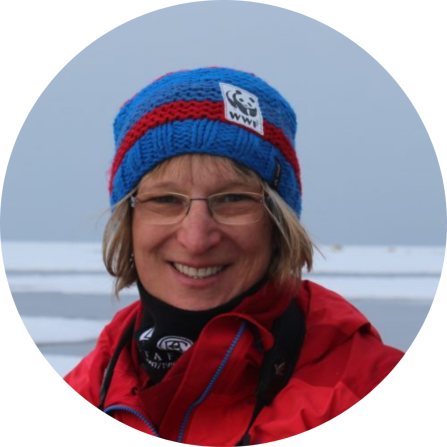
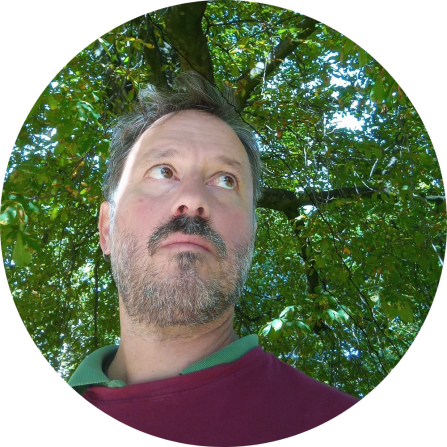
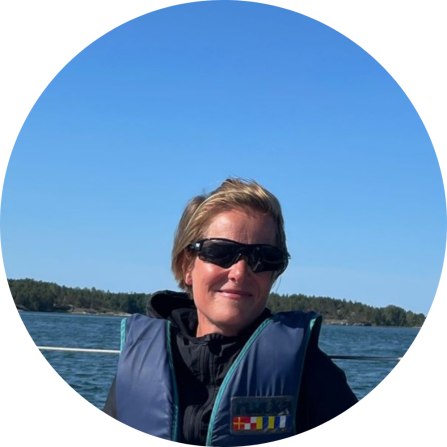
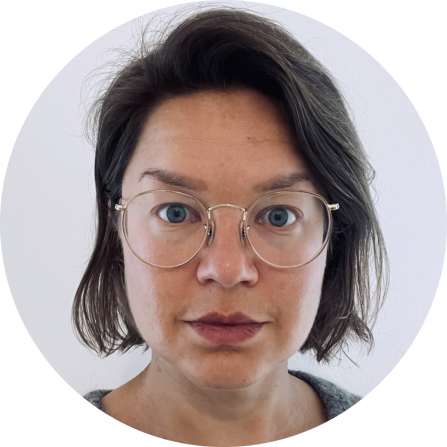

Jenny Wik Karlsson
(Svenska renskötare)
María Turiño
(Entretantos / Plataforma por la Ganadería Extensiva y el Pastoralismo)

Finansieras av Europeiska unionen. Synpunkter och åsikter som framförs är dock endast upphovsmannens eller upphovsmännens och återspeglar inte nödvändigtvis Europeiska unionens eller Europeiska genomförandeorganet för forskning åsikter och åsikter. Varken Europeiska unionen eller den beviljande myndigheten kan hållas ansvariga för dem.
